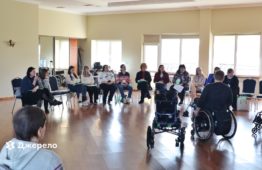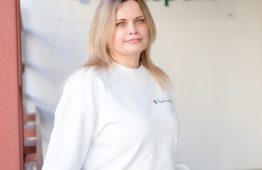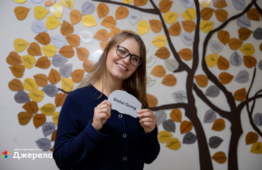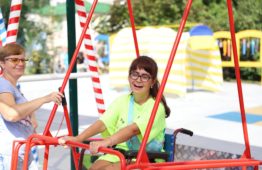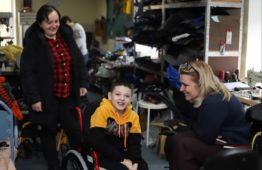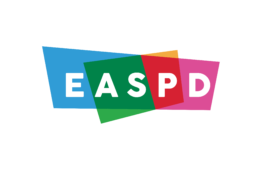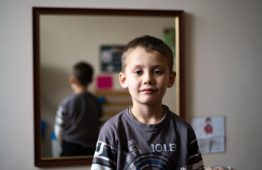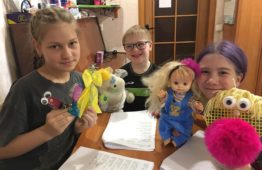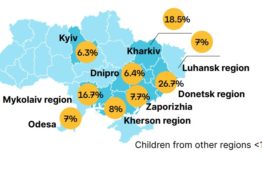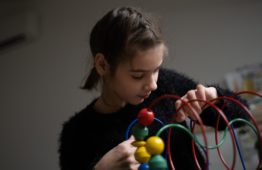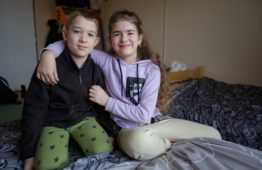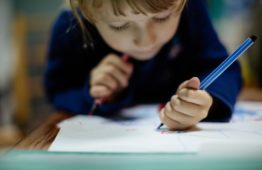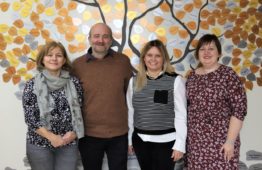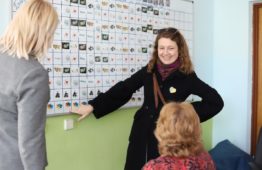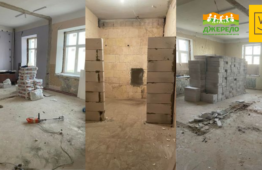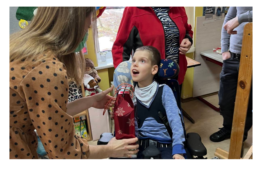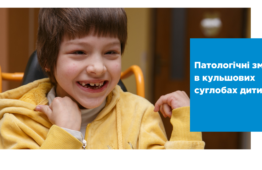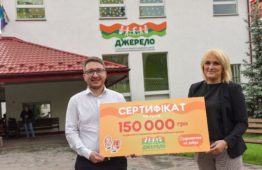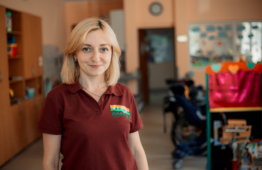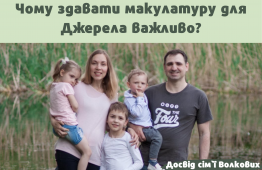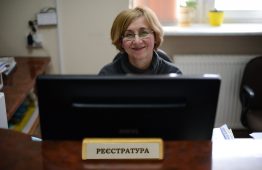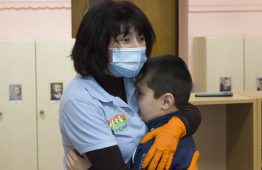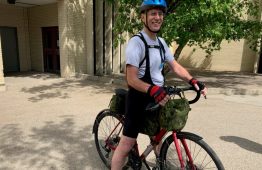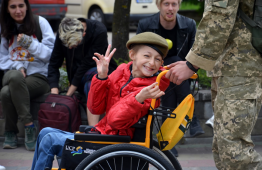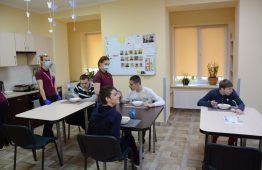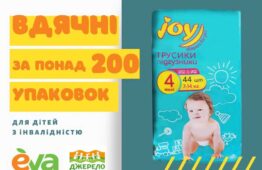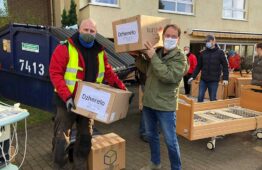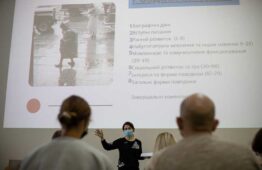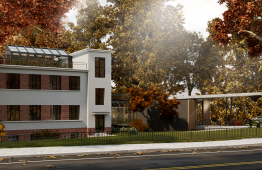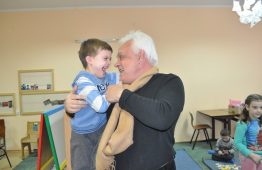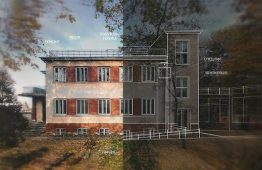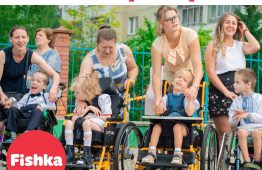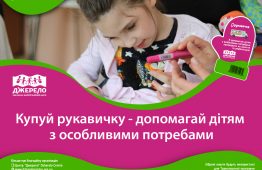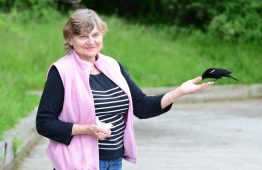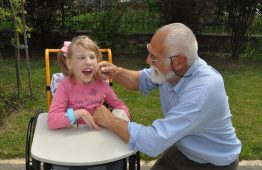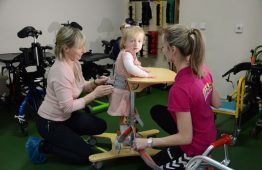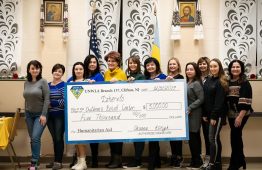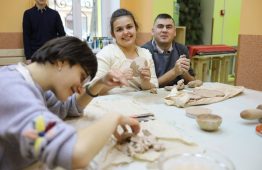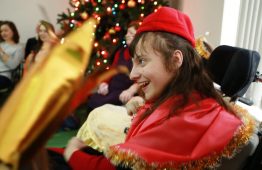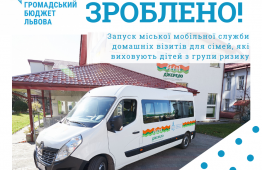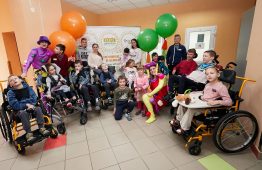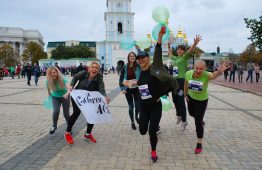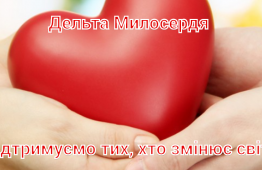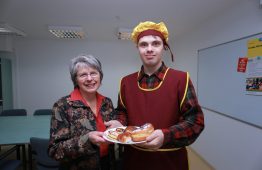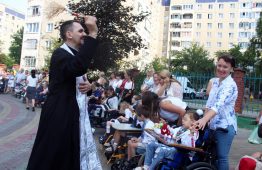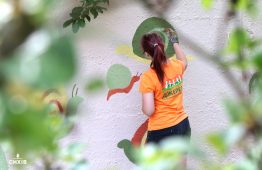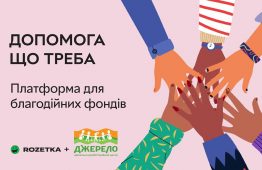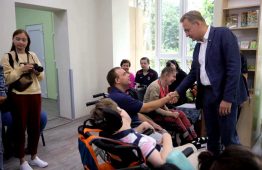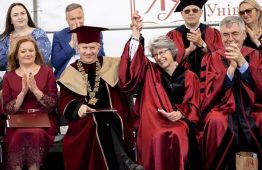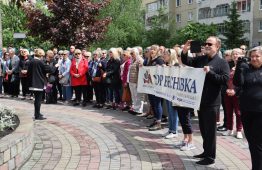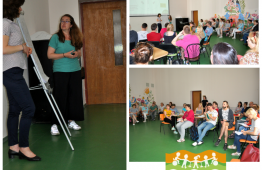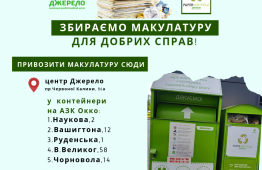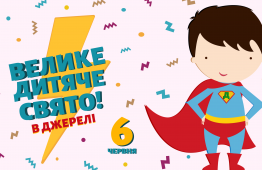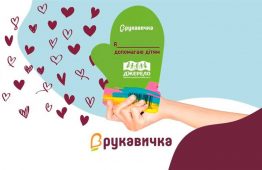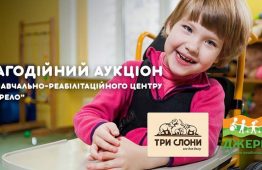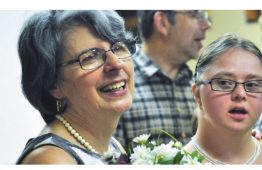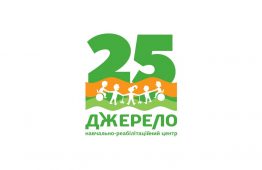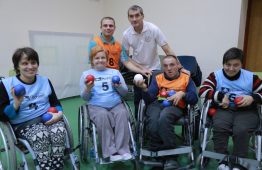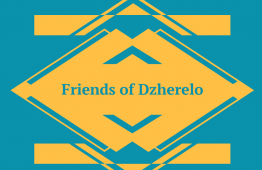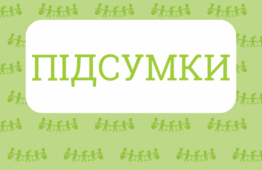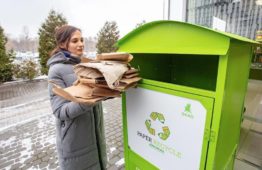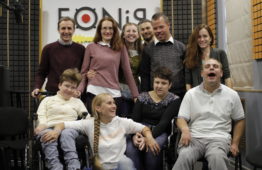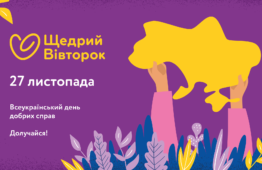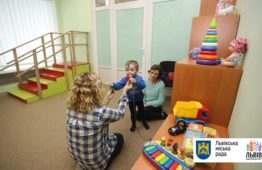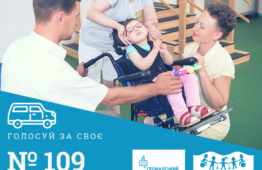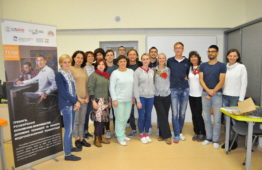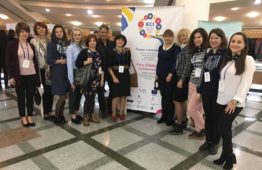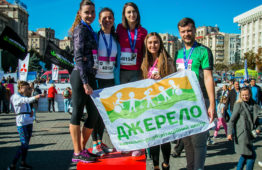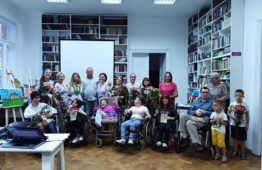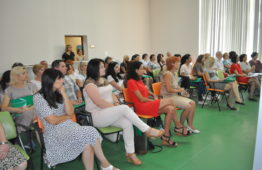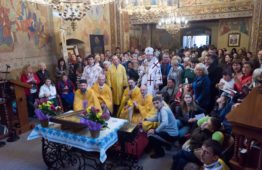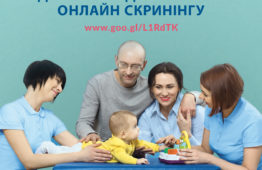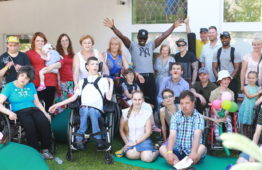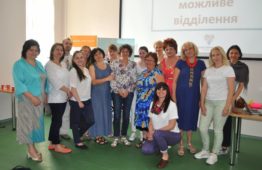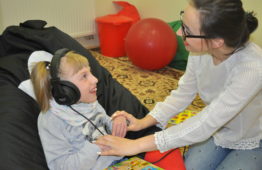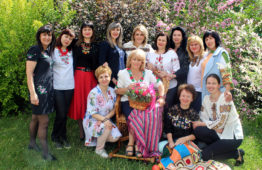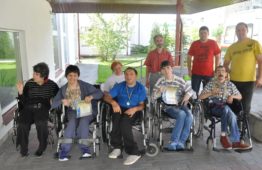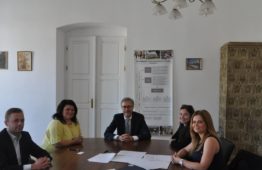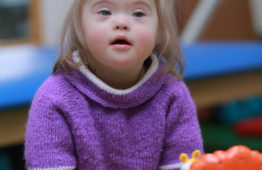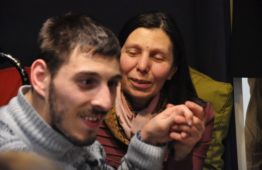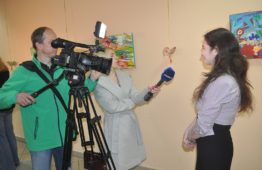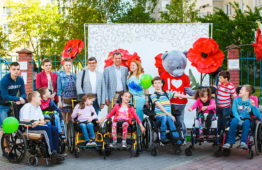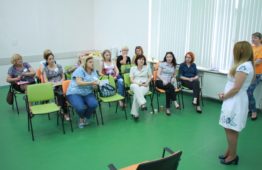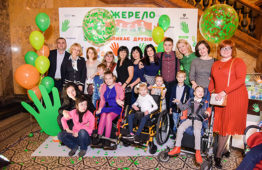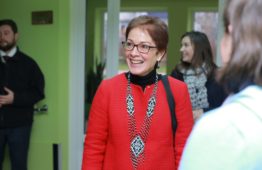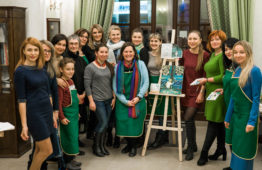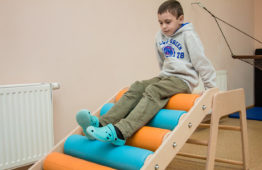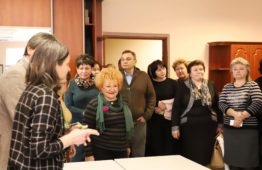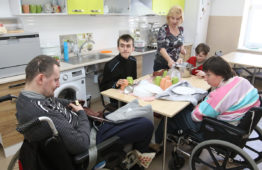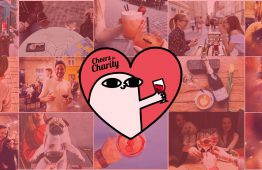
- Call us(032) 227 36 01

- Contact us[email protected]
In Dzherelo, the Centre for Assistive Technologies for Children with Disabilities has been opened
Any family with a child in need of a wheelchair, standing frame, and other assistive devices to improve mobility and communication skills can turn to this Centre.
The Centre for Social Services and Rehabilitation Dzherelo, located at 86A Chervona Kalyna Avenue, has launched the Centre for Assistive Technologies for children. The funds for the construction of the facility were received from long-standing and constant friends – the Canada-Ukraine Foundation. In its first year of operation, the Centre for Assistive Technologies signed a grant agreement with the American crowdfunding platform GlobalGiving.

Experts at this Centre conduct assessments of a child’s needs, select equipment that will help them be more independent in life, and achieve greater success.
“Any family with a child in need of assistive devices can turn to us. Initially, our specialists conduct assessments, then select the appropriate assistive device, customize it for the child, and teach the family how to use it. Our experts continue to monitor and provide support,” explains Maryna Glukhotska, the head of the Centre for Assistive Technologies.
According to her, the Centre’s experts have extensive experience in providing physical therapy and occupational therapy services, so they are well aware of the needs of children. Previously, Dzherelo focused on children with cerebral palsy and motor disorders, and when parents approached with their equipment, the question arose of who would repair it. That’s when the Rehabilitation Equipment Workshop started operating.

“Now, with the full-scale war of russia against Ukraine, we began working with a wider category of families, including internally displaced ones. Since the beginning of the war, we have seen how people are really unaware of the need for assistive technologies and tools. If they have heard about mobility aids, they know very little about the benefits of communicative tools that develop a child’s communication abilities. Often, parents don’t know they can get such assistive devices, and this requires our focus and attention: providing assistive devices at different levels – through social protection departments, charitable foundations, and so on,” says Maryna Glukhotska.
Currently, four specialists at the Centre for Assistive Technologies work on selecting assistive devices for mobility and positioning. They also assess how the child’s environment, where they live and study, is accessible and adapted to their needs. Additionally, they provide recommendations on creating conditions for the child’s development. Two more specialists assist parents in selecting communicative tools for children, enabling them to convey information and engage in dialogue.

Now, parents will not have to search blindly for various tools and equipment for their children.
“Soon we will open a showroom – an exhibition hall where various samples of assistive devices for children will be collected. Then we can immediately demonstrate and show how they work,” explains Maryna Glukhotska.
The Centre has also started training for professionals on creating an inclusive space for children, adapting a comfortable environment for their development, and providing comprehensive support for children with disabilities, motor impairments, as well as vision and hearing problems. At the same time, they will involve experts to select equipment for children with vision and hearing impairments.

“We must do everything to make children more successful. To do this, we need to provide them with the means that will allow them to be fully included in life,” noted Maryna Glukhotska.
Residents in need of such services can contact +380 67 820 59 50.
- На честь
- Пам'яті

